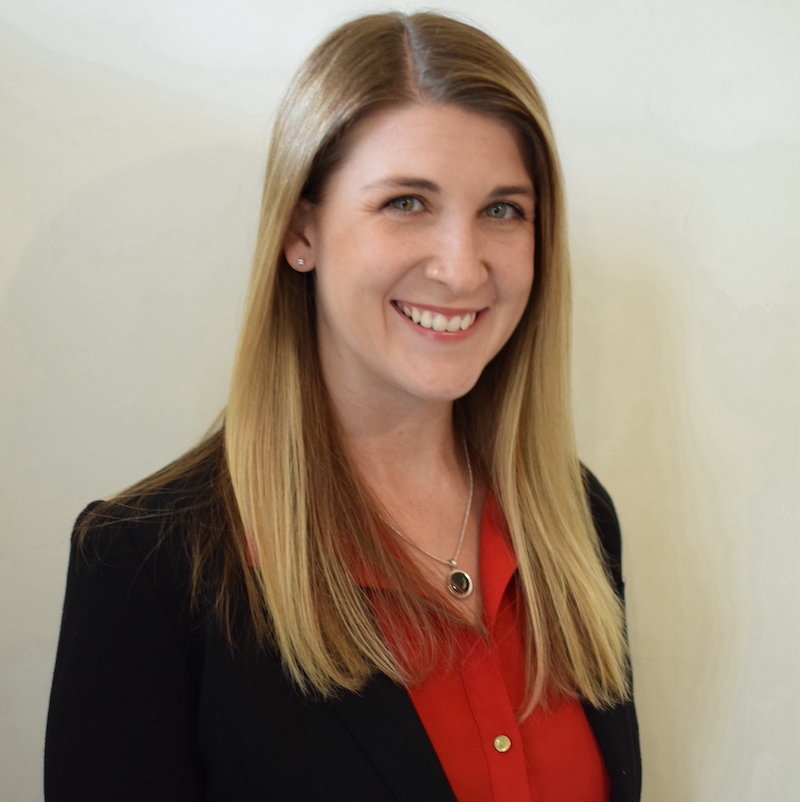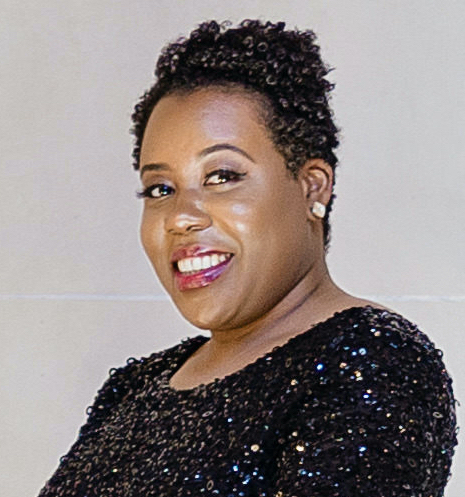Session 1: Research and Technology Applications
Moderator

Matthew A. Mickens, Ph.D.
Chief Science Officer
Martian Farms
As an alumnus of NC A&T State University, Dr. Matthew Mickens was awarded the North Carolina Space Grant Fellowship in 2007 which supported his Master’s thesis on using luminescent minerals as a means to detect UV radiation. He was also awarded the NCSG in 2009 but waived the funding to accept the NASA Harriett G. Jenkins Predoctoral Fellowship award which supported the last 3 years of his Ph.D. studies to fabricate luminescent materials for LED lighting systems. The Jenkins fellowship also sponsored an internship opportunity for him at the Kennedy Space Center, which would lead to him being awarded a position in the NASA Postdoctoral Program at KSC. There he studied LED light recipes for growing salad crops in space, produced several groundbreaking publications, and was awarded the 2017 NASA Mentor of the Year for his achievements in mentoring his own NASA interns. Mickens is now Chief Science Officer for Martian Farms, which is an up-and-coming launcher of indoor vertical farms globally. Mickens serves on the NC Space Grant Advisory Board.
Speakers

John Fuller
Director of Advanced Concepts
Virgin Orbit
John Fuller is the Director of Advanced Concepts at Virgin Orbit in Long Beach, CA. John has been with the Virgin team since 2016, and is responsible for the conceptual, financial, and competitive evaluation of developmental programs. Prior to joining Virgin, he worked at Orbital ATK as a systems and GN&C engineer on several vehicle and spacecraft developments including the Orion Launch Abort System, Antares, Stratolaunch, OmegA, Cygnus, and Al-Yah 3 programs. Before Orbital he completed research in-residence at NASA Langley Research Center made possible by the North Carolina Space Grant, working to simulate the flight dynamics and trajectories of human and robotic exploration systems including Orion, Curiosity, Odyssey, and the Mars Reconnaissance Orbiter. John is a native of Raleigh, North Carolina and holds degrees in Aerospace Engineering from NC State. He is a certificated private pilot, and a senior member of the American Institute of Aeronautics and Astronautics since 2006 where he currently serves on two technical subcommittees dealing with Reusable Launch Vehicles and Nuclear and Future Flight Propulsion.

Kirsten R. Hall, Ph.D.
Schmidt Science Fellow and Smithsonian Astrophysical Observatory Postdoctoral Fellow
Harvard and Smithsonian Center for Astrophysics
Dr. Kirsten R. Hall is a Schmidt Science Fellow and Smithsonian Astrophysical Observatory Postdoctoral Fellow at the Harvard and Smithsonian Center for Astrophysics. She is an interdisciplinary scientist with a current focus on atmospheric dynamics and climate change as a Schmidt Science Fellow. She is an astrophysicist by training, specializing in galaxy evolution and the large-scale structure of the Universe as observed by radio and far-infrared telescopes. She also holds expert knowledge of active, supermassive blackholes residing at the centers of galaxies.
Dr. Hall obtained her PhD in Astrophysics from the Johns Hopkins University in 2020. She got her start as an astrophysicist with the gracious support of the NC Space Grant while working on her bachelor’s degree in Physics, with Astrophysics concentration, at the University of North Carolina at Chapel Hill. NC Space Grant helped to fund her undergraduate research, which involved observing with the Arecibo radio telescope in Puerto Rico.

Lynnae C. Quick, Ph.D.
Planetary Scientist and Associate Branch Head
NASA Goddard Space Flight Center
Lynnae C. Quick is a planetary scientist and associate branch head in the Planetary Geology, Geophysics, and Geochemistry (PG3) Laboratory at NASA’s Goddard Space Flight Center in Greenbelt, Maryland. Her scientific work focuses on modeling geological processes on the planets and moons in our solar system and constraining rates of geological activity on low-mass extrasolar planets. She is a co-investigator on NASA’s Europa Clipper and Dragonfly Missions, is a member of the steering committee for NASA’s Outer Planets Assessment Group (OPAG), and serves as co-chair of the of the National Society of Black Physicists’ Earth and Planetary Systems Sciences section.
Dr. Quick received a bachelor’s degree in physics from North Carolina A&T State University and an M.S. in physics, with an astrophysics concentration, from the Catholic University of America. She obtained a Ph.D. in Earth and Planetary Sciences from the Johns Hopkins University. Between 2013 and 2015, Dr. Quick was a NASA Postdoctoral Program (NPP) Fellow in the Planetary Geodynamics Laboratory at NASA’s Goddard Space Flight Center. During her senior year at North Carolina A&T, Dr. Quick was accepted into the NASA Academy summer internship program at Goddard Space Flight Center, an internship which was made possible through generous funding from the North Carolina Space Grant.